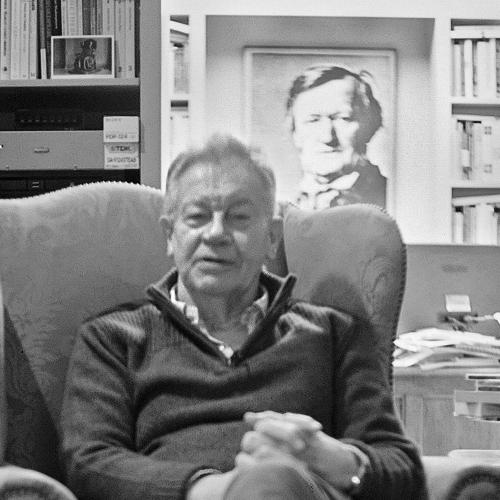COMPOSERS: Schubert
LABELS: Deux-Elles
WORKS: Octet in F, D803
PERFORMER: The Fibonacci Sequence
CATALOGUE NO: DXL 1145
This work, for a unique combination of instruments, from Schubert or (I think) anyone else, is a puzzle. It is his longest instrumental work, if all the repeats are taken, lasting slightly more than an hour. And it is hard to feel that all the movements justify their length.
The first lasts for a quarter of an hour, and is not thematically distinguished or interestingly developed. But almost everything that follows is delightful or more, and in the last movement we have an alarmingly severe and apprehensive introduction, which recurs, followed by a relatively relaxed and jovial allegro.
Should the shudders and pain be treated as mock-serious, as in Dohnányi’s Variations on a Nursery Theme, or are they the real thing? Impossible to decide, though it is not in Schubert’s nature to joke (‘There is no such thing as cheerful music’).
This recording, one of the few that the work has had compared to his other major chamber pieces, is, in the first place, in wonderfully natural sound, with the instruments exceptionally well balanced. The playing is relaxed, seemingly taking the view that this is virtually music to eat to, hardly to be listened to with the concentration awarded by a conscientious reviewer.
Though the Octet is routinely compared to Beethoven’s Septet, which clearly influenced it, that is a work which repays more attention. But this disc makes ideal easy listening if that’s what you want. Michael Tanner
